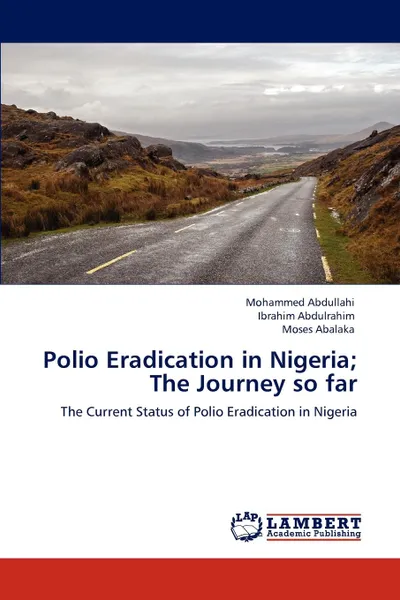Polio Eradication in Nigeria; The Journey so far 14+
64 страницы
Категория: Научная литература
ISBN: 9783659145681
Язык: Английский
📙 Nigeria remains one of the reservoirs of polio virus in the world. The continues transmission of wild polio virus in northern states has led to reintroduction of the virus in at least 12 African countries previously declared polio-free, repeatedly dashing hopes that global targets could be met.Recurrent setbacks, including a resurgence of cases in 2011 and 2012, new cases in states that have been polio free for more than 2 years, and WPV1 the most prevailing cases in 2012 have introduce an element of skepticism that the global campaign can ultimately be successful.Although, Nigeria's polio eradication efforts have reached critical juncture, the success is hampered by multiple factors like, cultural believes, religious politics, access to health facilities, health workers patriotism and insecurity among others. Considerable progress has been made to overcome these challenges through the application of diplomatic pressure, incentives, new technologies, more comprehension and sensitive cultural approaches and renewed high level political will.Nigeria needs to mount effort in ensuring that immunization services are community-owned, community-driven, and community-operated.
Мнения
